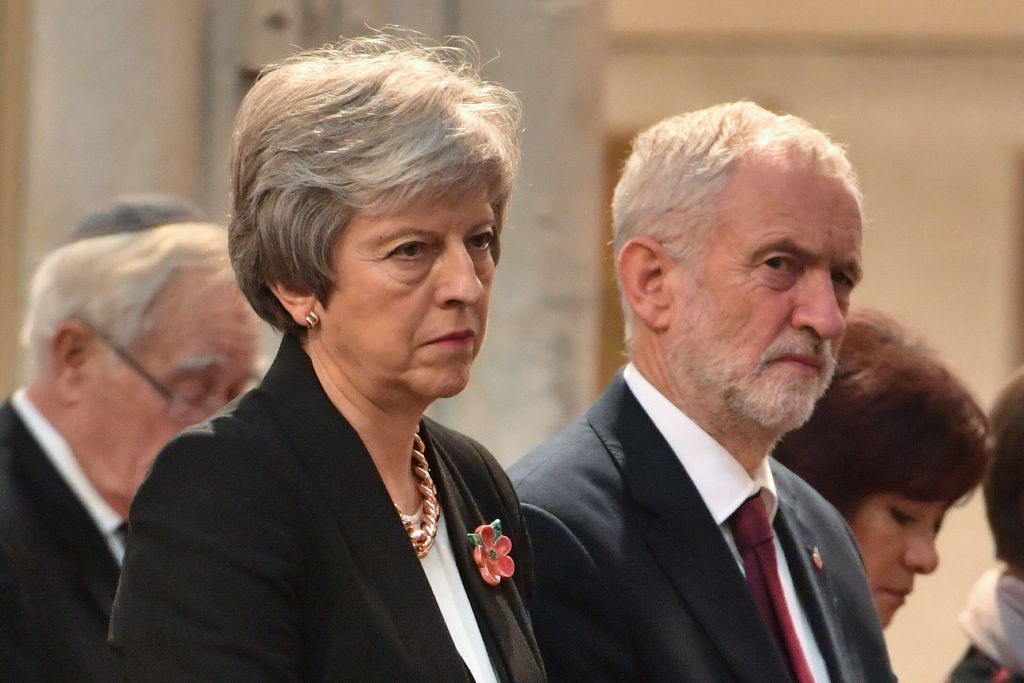It’s crunch day for the Labour/Tory Brexit talks. After a weekend of government leaks and briefings, both sides will today meet to see if a deal can be agreed. It’s clear that Theresa May is keen to make an agreement with Jeremy Corbyn in order to pass some form of Brexit. The hope in Downing Street is that the disappointing local election results for both main parties will be enough to prompt the Labour leader to cut a deal. As for what that compromise will consist of, the government is willing to move on the customs arrangement – committing the UK to something very similar to a customs union (most likely a customs union in all but name) for the timebeing – but aiming to keep the option on the table for the trading relationship to change in the future.
There is heavy scepticism both in the Tory party and the Labour party that the two sides will be able to agree on such a plan. For one, Labour figures such as John McDonnell are not interested in a temporary customs union – they want a permanent commitment so that a future leader – such as Boris Johnson – couldn’t undo it as soon as they entered Downing Street. Secondly, Jeremy Corbyn is under pressure from pro-EU forces in his party to only commit to a deal that would be put to a public vote – also known as a second referendum. On the flipside, Theresa May is under pressure from Tory eurosceptics not to split her party by agreeing to something that would limit the scope for free trade.
So, were both leaders to put the doubts of their colleagues aside and agree to a deal, would it have a chance of passing the Commons? Were a commitment to some form of customs union to go in the political declaration, it’s touch and go as to whether there would then be the numbers to pass the Withdrawal Agreement. There are plenty of Brexiteers who voted for the deal on the second or third vote who would refuse to vote for it again if it meant no independent trade policy.
The baseline assumption is that 160 Tory MPs would vote for it. That means Labour would need to bring 160 votes. Given that so far only a small handful of Labour MPs have voted for the deal – and the parliamentary party is heavily pro-EU – that’s a big ask. This is why behind the scenes the Whips are working to try and turn votes against the deal into abstentions so as to make the requirement for a majority a little lower. As one Conservative stalwart puts it, there’s a serious chance ‘both May and Corbyn wind up in the same voting lobby and it still doesn’t pass’.







Comments